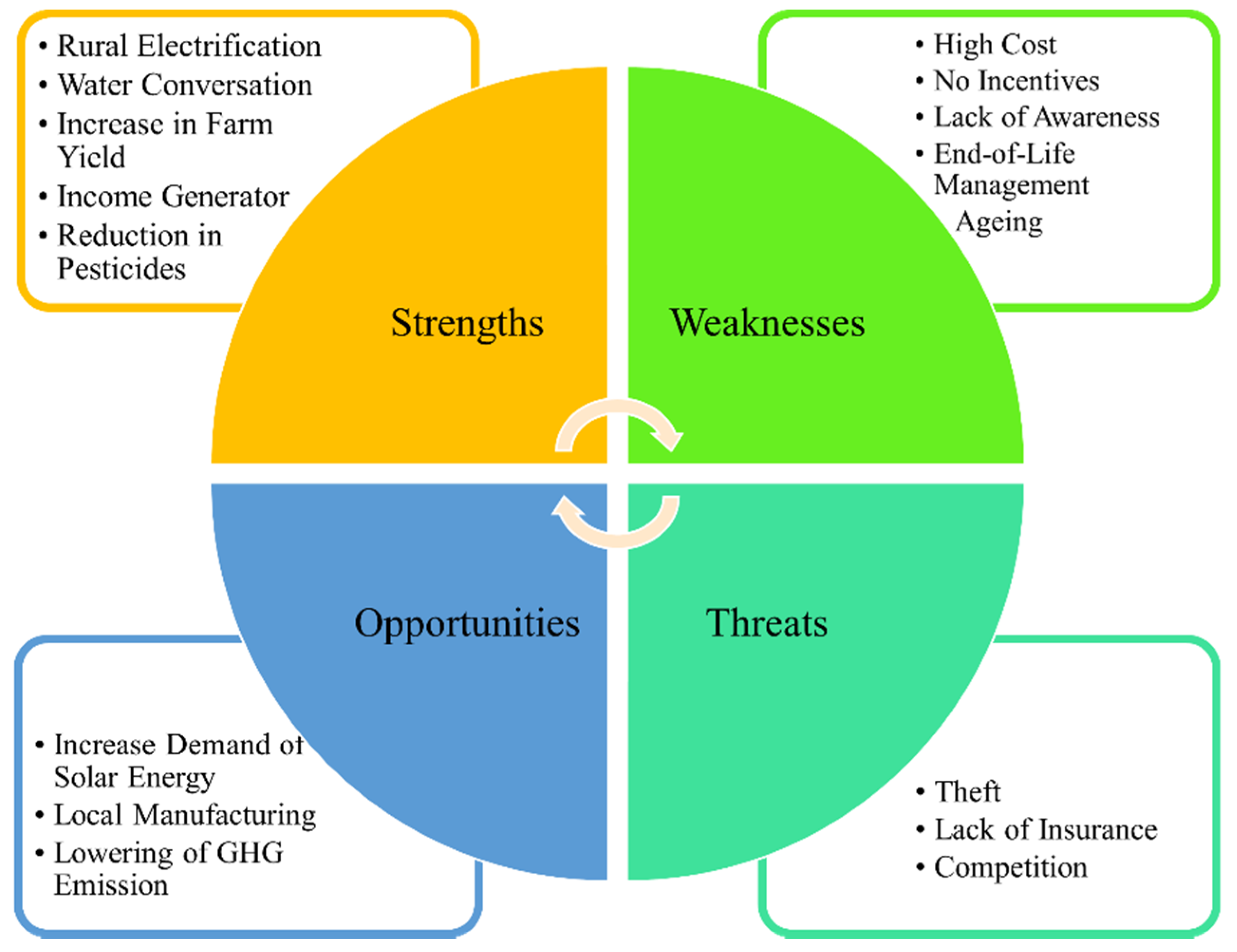Organic agriculture is the application of a set of cultural, biological, and mechanical practices that support the cycling of on-farm resources, promote ecological balance, and conserve biodiversity. A Good organic agriculture business always includes a good business plan. It is the system of production that can avoid or majorly block the use of pesticide, synthetically compounded fertilizers, livestock feed additives, and growth regulators.
In Srilanka, there are lots of organic products they are exporting. Such as, Tea Coconut based Products, Spices (Pepper, Cardamom, Nutmeg, Cinnamon, Ginger), Vanilla And Extracts, Medicinal Herbs, Essential Oils and Extracts, Tubers and Vegetables, Coffee, Cocoa Fruits, Pineapple, Papaya, Banana, Lime, Mango, Fruit Juice, Rice, Cashew, Wild Harvest, Kithul Treacle, Jaggery and Bee Products.
GUIDE TO ORGANIC BUSINESS
- Make a clear decision about what you want to sell. Make a list of your objectives, such as developing or advertising a product or service.
- Survey friends and relatives. Ask what products or services they would like to see become more environmentally friendly for them and their families. Filling a need by addressing a concern may just be your green business’s edge.
- Join an industry partnership or stewardship program. Some voluntary programs can help you define where environmental needs appear strongest. Partnerships can also help you get more exposure as an eco-friendly organization.
- Consider the costs of producing a product or service up front. Consider selling an organic product that is already on the market if the upfront costs are prohibitive.
- Obtain certification in your green knowledge on a national or worldwide level. An eco-label is a certification given to companies who promote ecologically friendly products and services. A third-party eco-based vendor’s certification can assist you sell your brand by instilling trust in your clients’ eyes.
- Make sure your company’s legalities are in order. Find out what permits a license you’ll need when you’ve decided what you want to sell. Create a business plan and marketing strategy, as well as register with the proper government agencies; these are just a few of the chores that must be performed, regardless of the type of business you want to run.
ADVANTAGES OF ORGANIC AGRICULTURE BUSINESS
- organisms aren’t genetically modified – This saves a lot of money and makes organic farming more efficient. Because crops are not genetically altered, the possibility of mutations is reduced.
- Soil will be Protected- Chemicals such as pesticides, herbicides, and fertilizers are avoided in the farming process, which protects the soil and its fertility in the long run.
- Better nutrition for human beings- Organic farming results in the creation of more nutritional food products, which have a higher nutritional value than products produced using traditional farming practices.
- Resistance to pests and diseases- Plants’ immune systems are strengthened when they are grown in good soil with the optimum pH and nutritional conditions. Plants grown organically, without the use of pesticides or genetic manipulation, have a higher resistance to pests and illnesses than those grown conventionally.
- Fertilizers are made naturally and on site- Organic farming boosts crop yields by creating fertilizers on-site with natural materials such as green manure, cover crops, and compost application.
- Opportunity to grow a variety of crops- Conventional agriculture can only produce a limited number of crops. Organic farming has an almost endless capacity for growing a wide variety of crops, which can subsequently be sold for a better price on the local market. This is due to the fact that you’re now delivering a diverse range of crops to the local market.
- Climate Friendly-Organic farming is far more environmentally friendly than conventional farming because it does not use petroleum-based fertilizers or chemicals. Organic farming produces plants that help to store carbon, lowering the greenhouse effect.
REQUIREMENTS OF ORGANIC CERTIFICATION
- Agricultural production plan/cycle description
- Ensure soil fertility or make the required conversions in order to increase fertility.
- Maintain a proper Ph level in the soil for farming
- Meet the requirements of the national program for organic production (NPOP)
- Selection of crops to be grown
- Organic seeds, natural fertilizers, and manure are all options (cow dung)
- Preserve a sufficient range of materials for biodegradation
- System for pest and disease management
- Proper soil and water conservation





